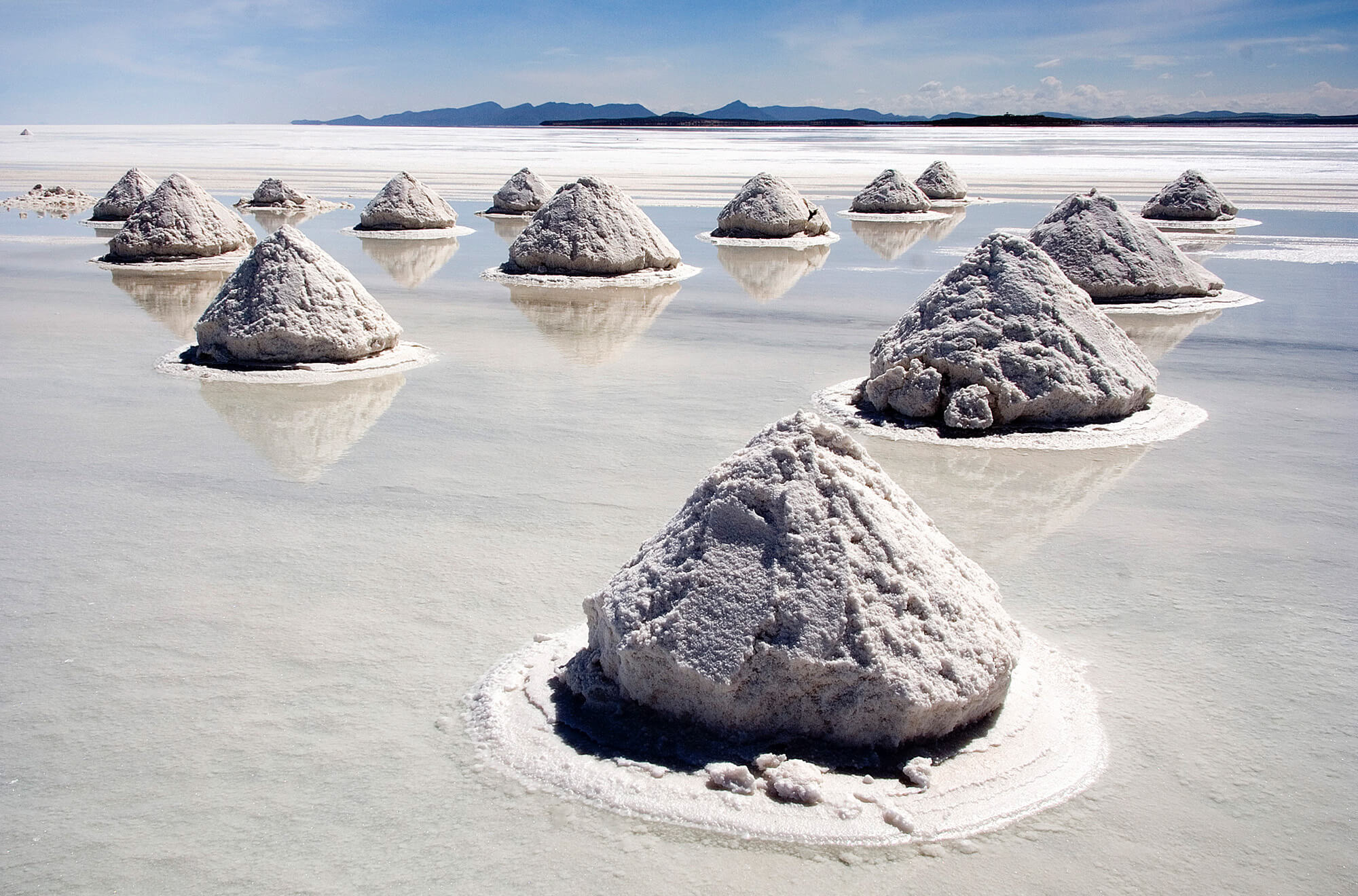The dispute over lithium and its industrialization has generated tensions between China, the United States, and Latin American countries. Bolivia seeks to collaborate with China in industrializing its lithium deposits, which has raised concerns in the United States. China, as the leading consumer and manufacturer of lithium batteries, is intended to secure its supply and has formed alliances with lithium-rich countries such as Chile, Argentina, and Bolivia. This geopolitical competition reflects the strategic importance of lithium in the energy transition and the rivalry among global powers.
Chile stands out as the second-largest producer of lithium worldwide, accounting for 22% of global production, closely followed by China with 17.1%. Additionally, Bolivia, Brazil, and Peru consider lithium a strategic resource, while Mexico is in the process of approving this classification. In terms of reserves, Bolivia leads with 21 million tons, followed by Argentina with 19.3 million and Chile with 9.6 million. These figures highlight Chile’s crucial role in lithium extraction and exportation, as well as the strategic importance of this raw material in the region.
The rivalry between China and the United States is intensifying in the quest for control over lithium deposits. The United States has expressed concern about China’s growing influence in Latin America and has implemented initiatives to counteract it. The competition for lithium reflects the struggle to secure access and control over the production of this mineral in the context of the energy transition and the significance of lithium batteries in modern industry and technology.
Top headline:
Redacción Rosario. Bilsky, P. (2023, Abril 20). La geopolítica del litio.

